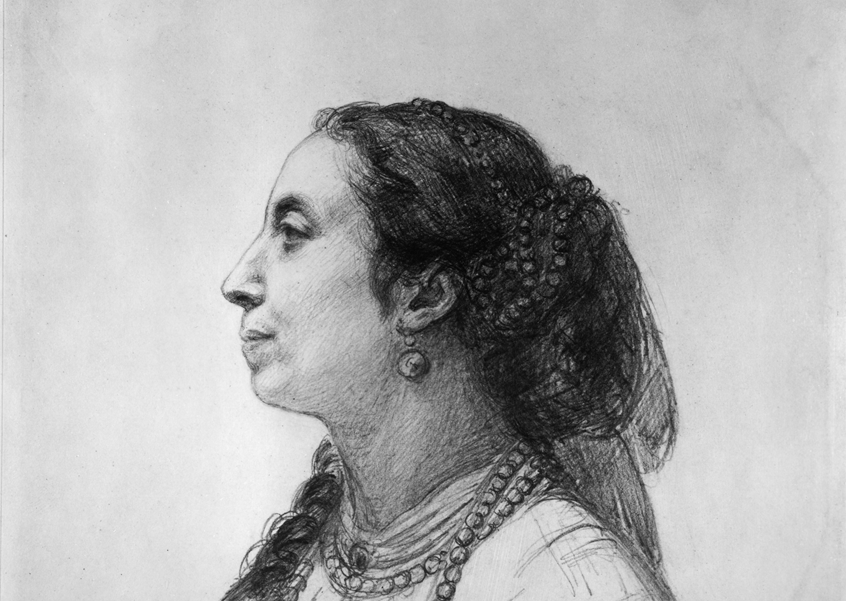
Pauline Viardot’s Missing Mörike Cycle
Can the editorial creation of a song-cycle from individual songs help raise the visibility of women composers? The songs of Pauline Viardot-Garcia offer a wonderful opportunity.
There is no historical or geographical limit on what can be covered. There is no restriction on the style or genre of song or singing.
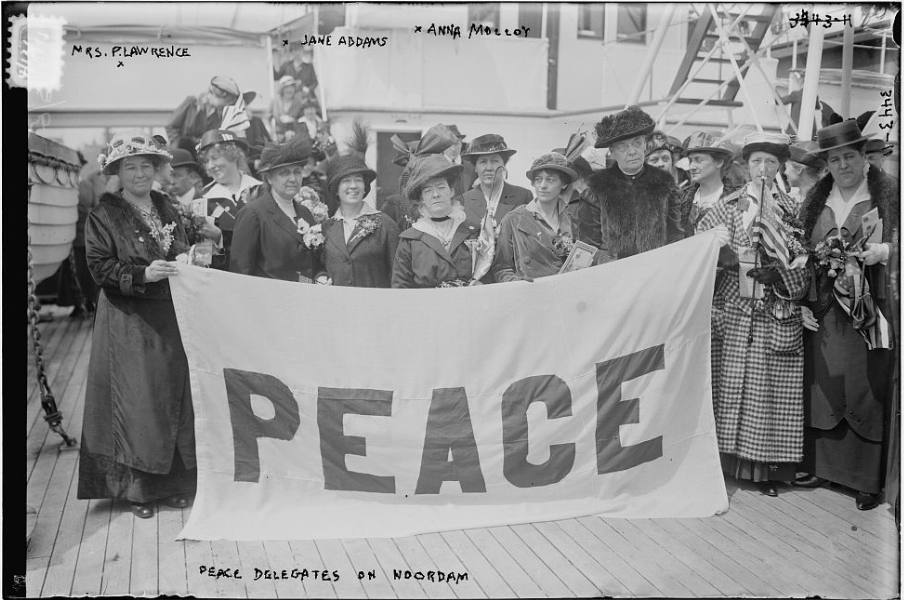
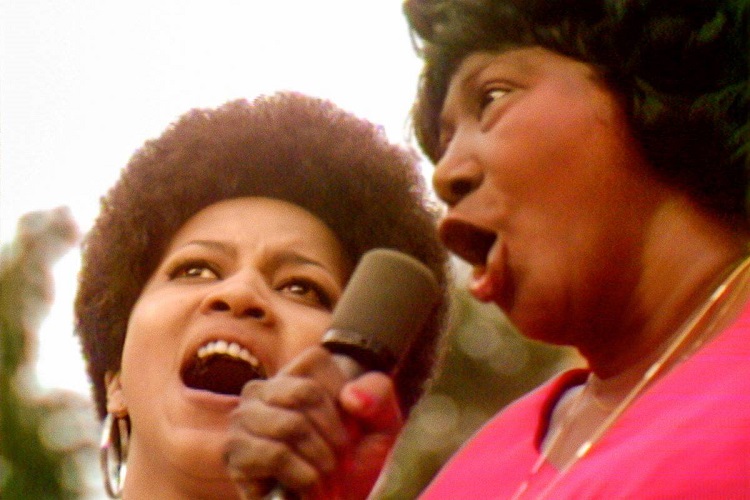

Can the editorial creation of a song-cycle from individual songs help raise the visibility of women composers? The songs of Pauline Viardot-Garcia offer a wonderful opportunity.
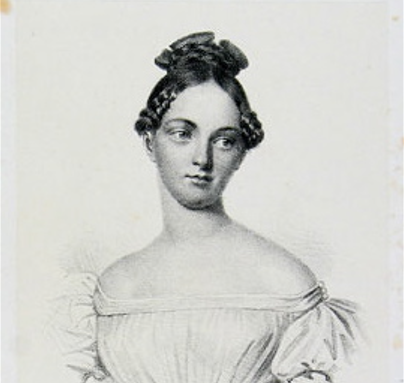
Last summer I assembled a cycle of eight songs by the 19th-century German composer Pauline Decker, understanding this curatorial action as an important form of advocacy.
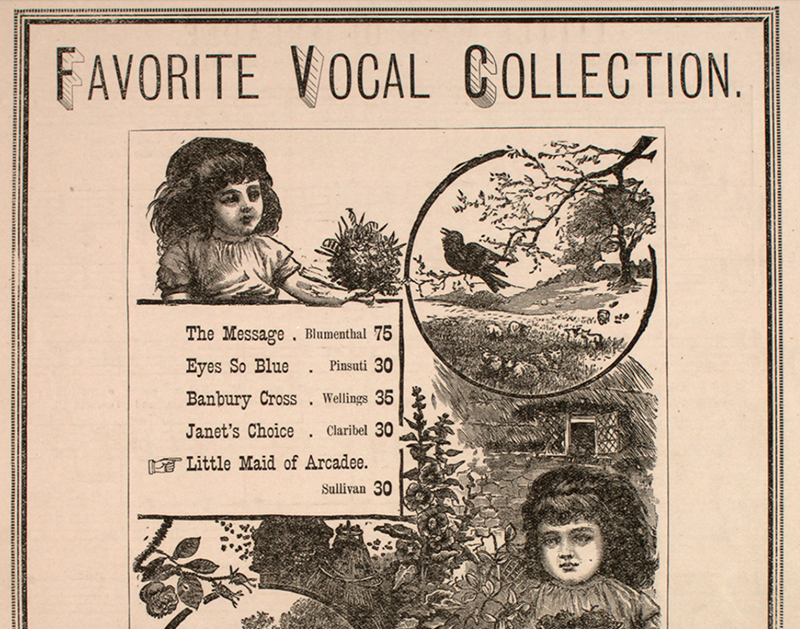
The Hal Leonard company has long sold an anthology entitled Daffodils, Violets & Snowflakes, 24 gender-stereotyped songs from 1900-22. Here’s a look at what they convey.
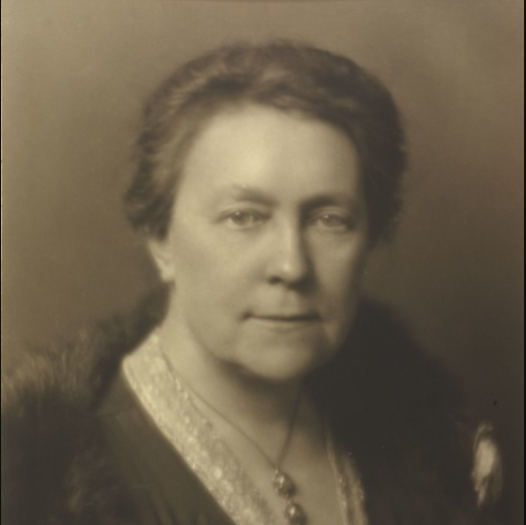
A century ago women composers in German-speaking countries often followed their male colleagues in preferring to set poems by men. But a few had other ideas.
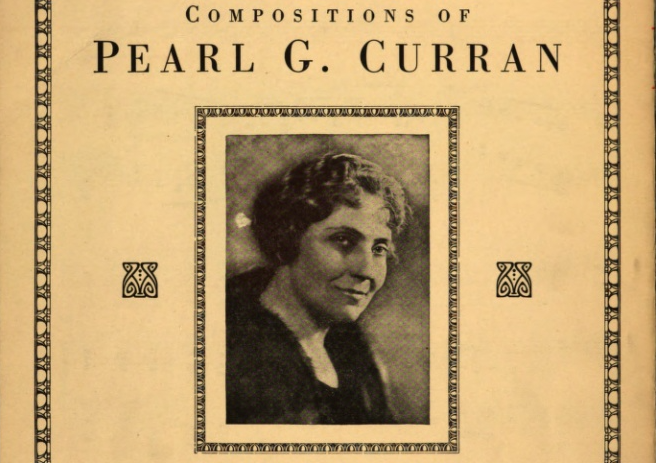
When Italian singer Beniamino Gigli made his farewell tour of America in 1955, some three thousand people packed Carnegie Hall to hear his recitals. On
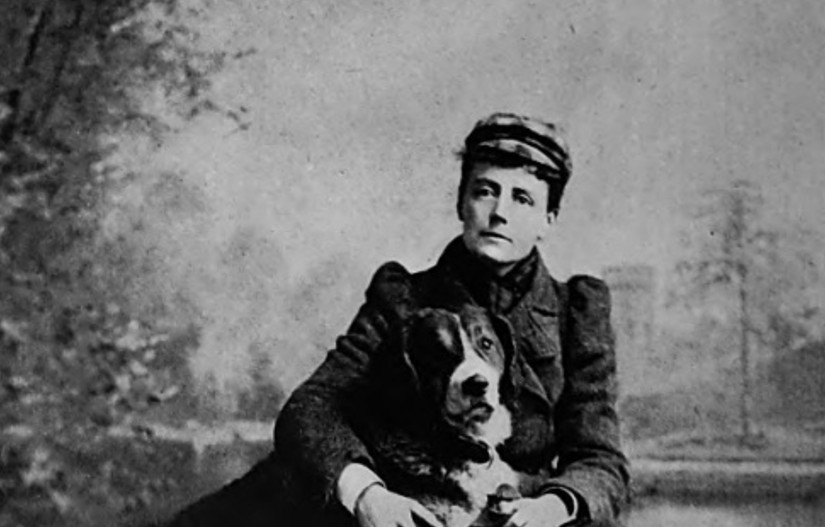
Lisa Colton recounts the thrill of discovering the autograph manuscript of Edith Smyth’s ‘Mass in D.’
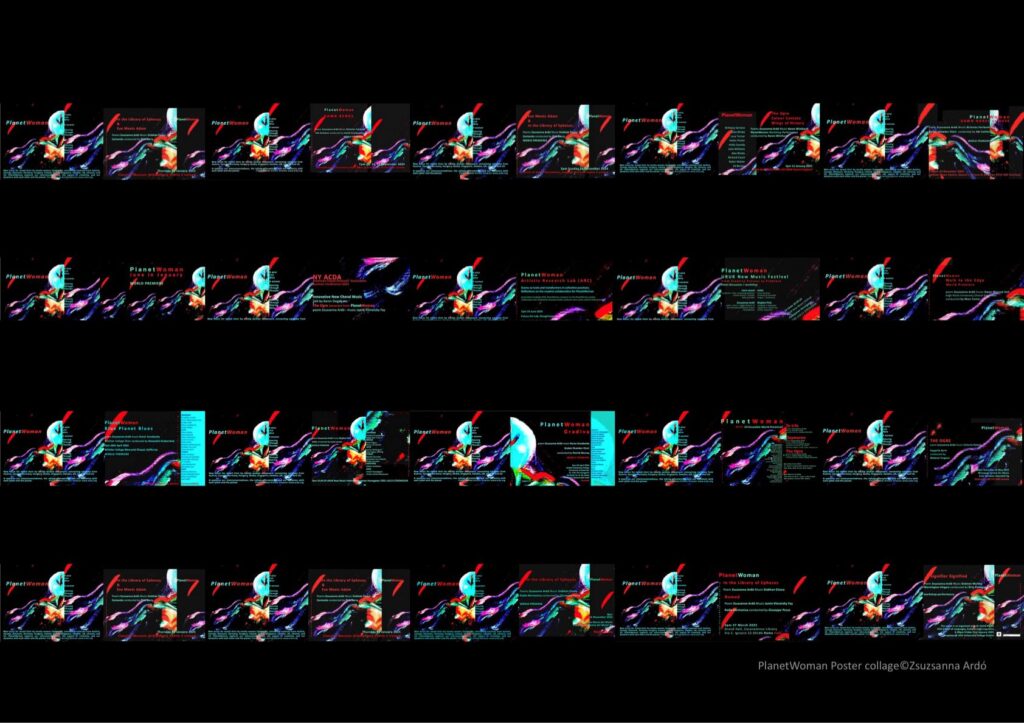
A conversation with Zsuzsanna Ardó and her creative collaborators about the progress of PlanetWoman, the international choral project connecting composers and choirs across the globe.
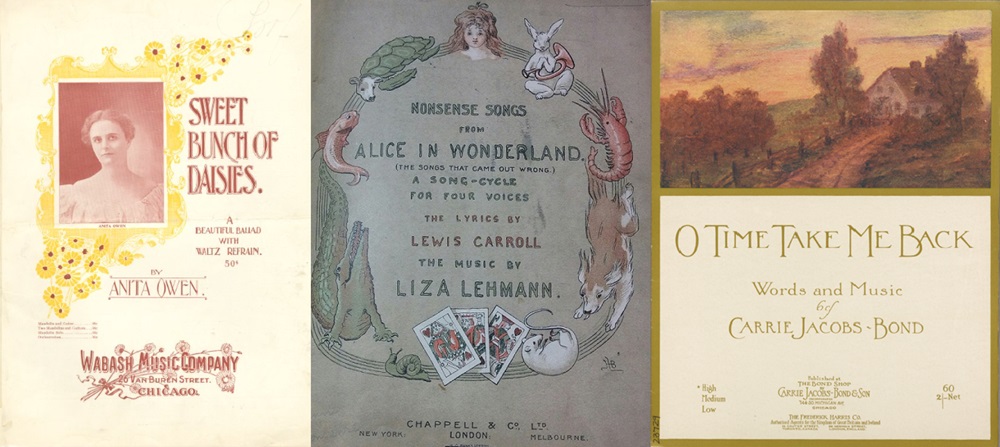
By far the largest online source of music for performers is IMSLP.org, with nearly 800,000 scanned scores. 14 stellar performances demonstrate the range of their holdings.
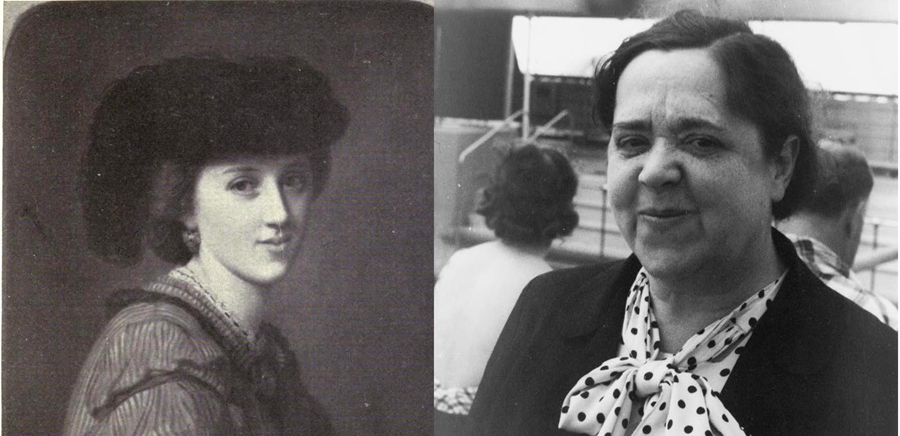
In the years before and after 1900, many women composers obscured their gender by replacing their names with their initials. Here is a look at six of them.
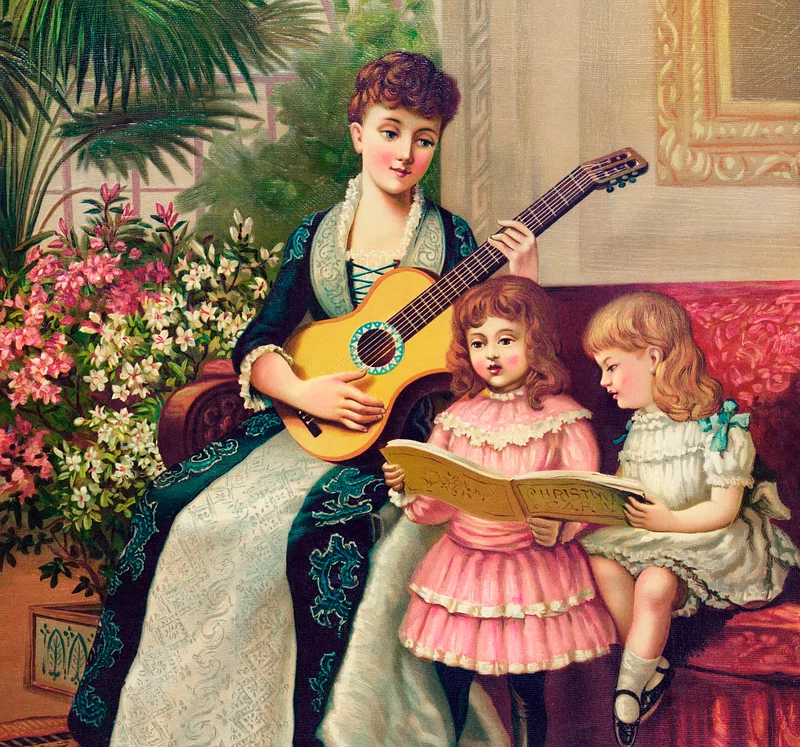
Creating music for Christmas creates particular challenges for composers – male or female. Here are twelve works by eleven women from five different countries.